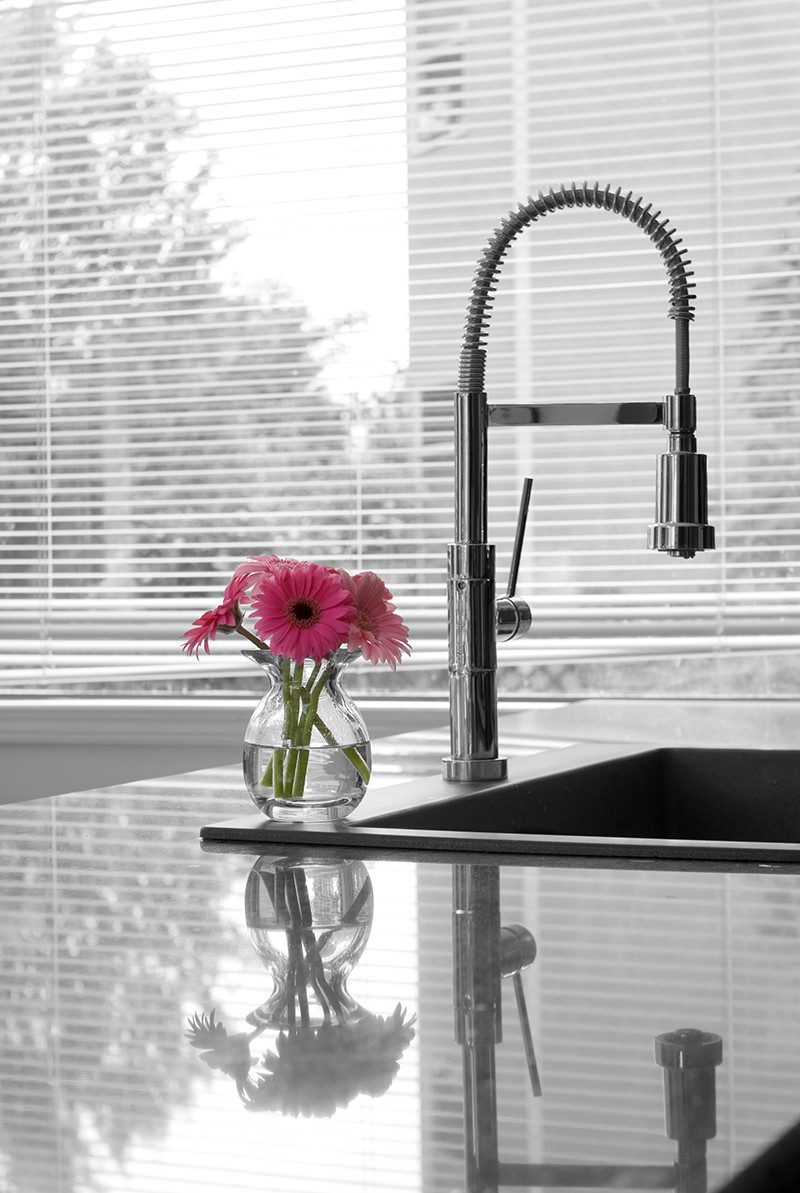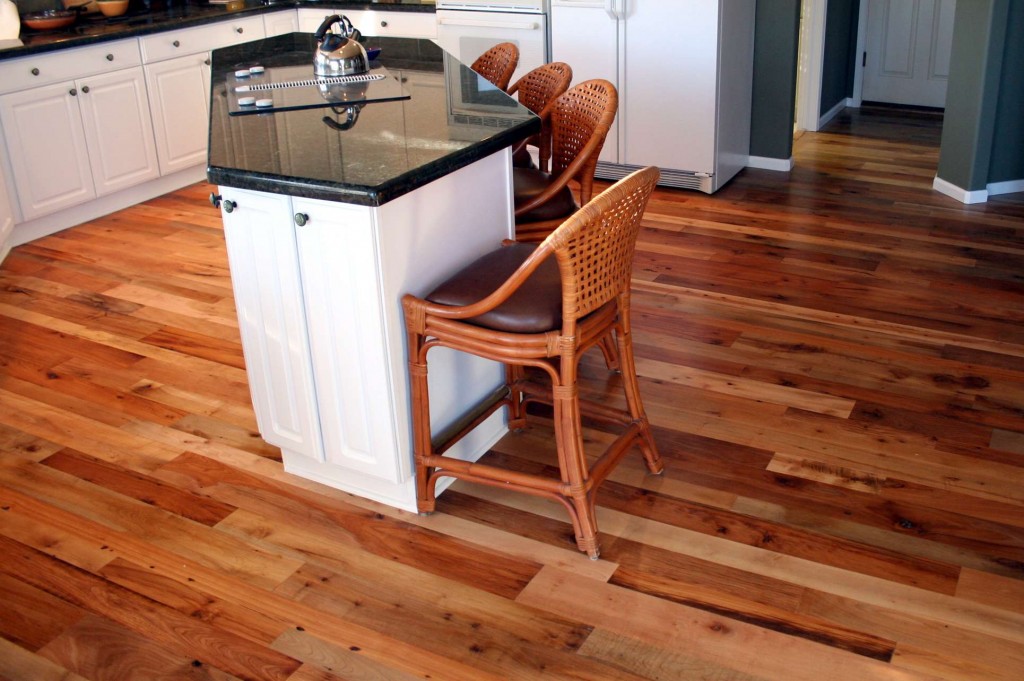Proper care and maintenance of your hardwood floors will ensure a long and lasting life. But, every now and then something unforeseen happens that can cause severe damage to your hardwood floors. Whereas your home insurance may cover much of the damage, there are a few pitfalls that you should be aware of when it comes to filing a claim.

Water is the nemesis of any homeowner. From burst pipes, leaky roofs, or a faulty appliance can suddenly cause a major water spill that can easily ruin your beautiful floors. Whether you have hardwood floors to protect or not, every homeowner should read their policy carefully so they understand exactly what is covered and what is not.
Table of Contents
ToggleWhen your insurance claim is denied
If you’ve been procrastinating about fixing that leaky pipe or faucet, your insurance company could deny your claim to have your floors repaired and anything else that may have been damaged due to prolonged exposure to water. You may think it is just a tiny leak, but even the smallest bit of water can cause huge amounts of damage. And, water never works alone; rot and mold will soon follow, so you never want to leave water issues unresolved.
Check your insurance policy to make sure you have flood coverage. No home insurance policy comes with flood coverage. You have to get this added on, so be sure to talk to your broker when you are choosing your policy.

If the flooding or water damage isn’t caused by a natural phenomenon like a storm, oversaturated ground, or an overflowing river, you could risk water backing up into your home due to a problem with your sewage or drainage system. Again, talk to your insurance provider about extra coverage. It’s bad enough having to clean up sewage from your hardwood floors, but you don’t want to have to pay to repair the damage.
Hardwood flooring design experts in Colorado
If you need to repair existing hardwood floors or install new hardwood floors, talk to a hardwood flooring expert about the best options for your project.

